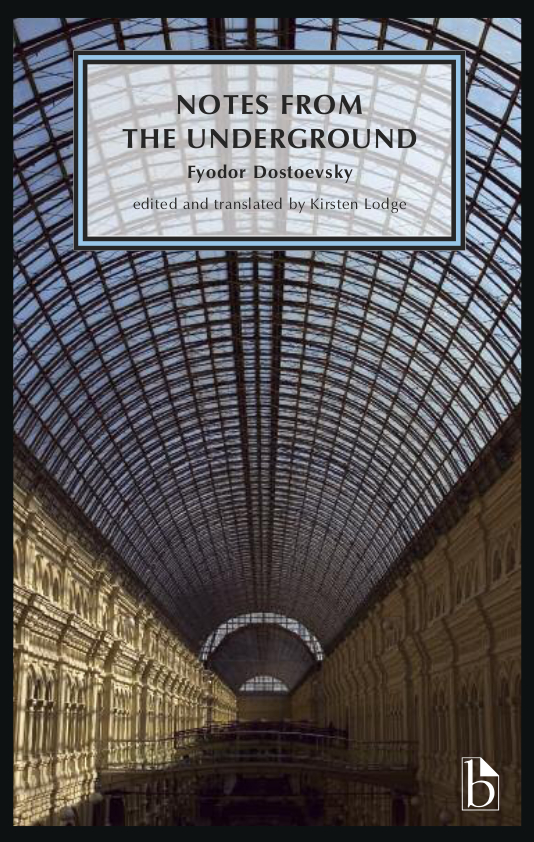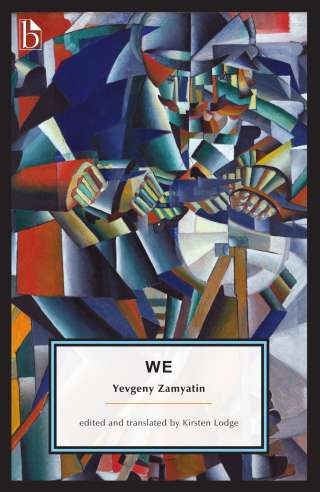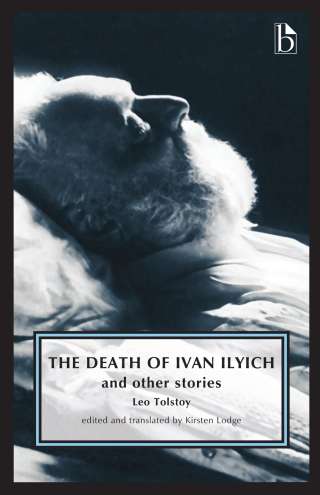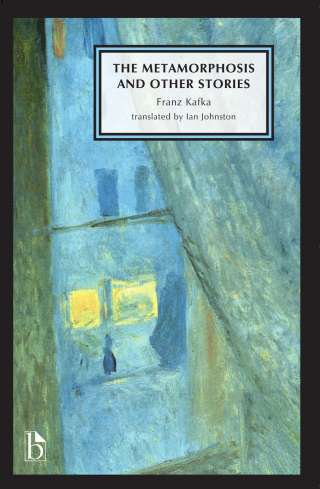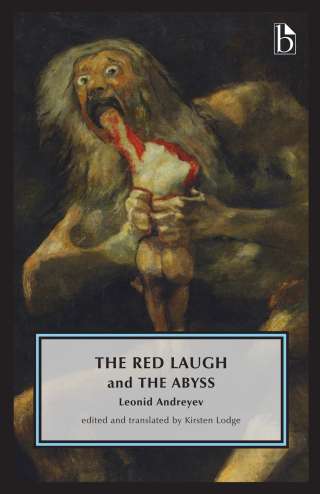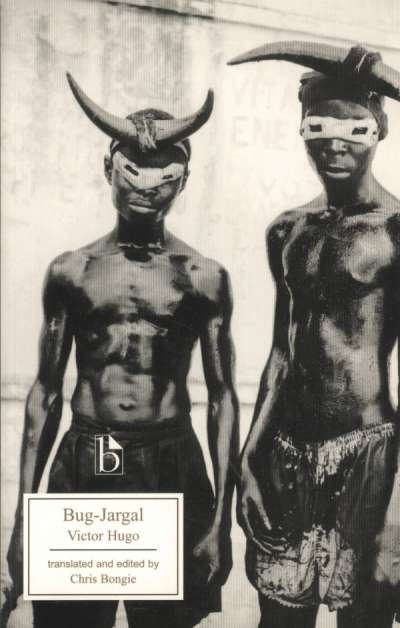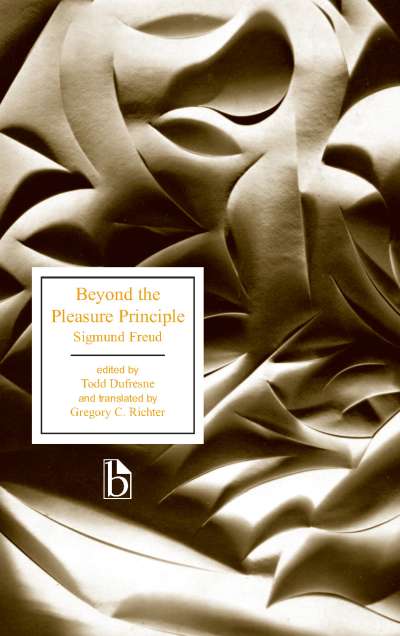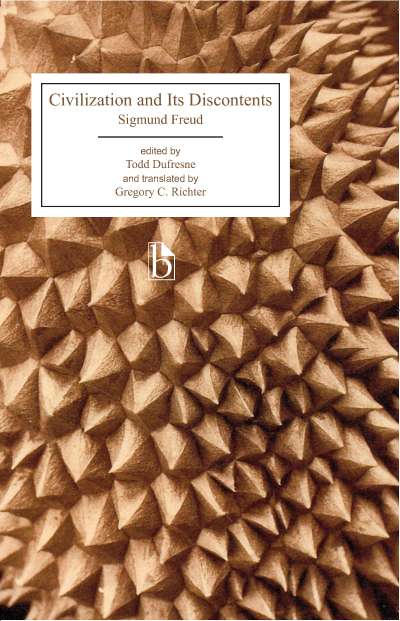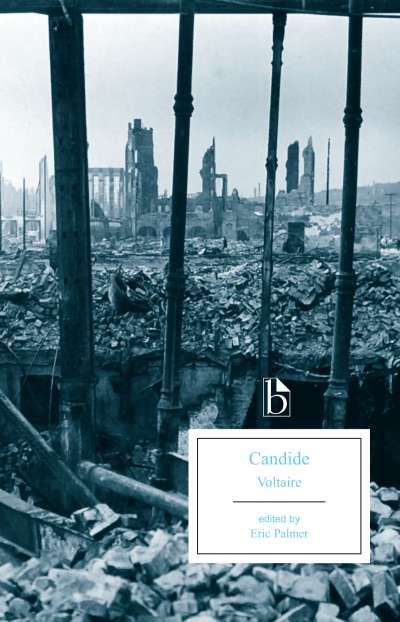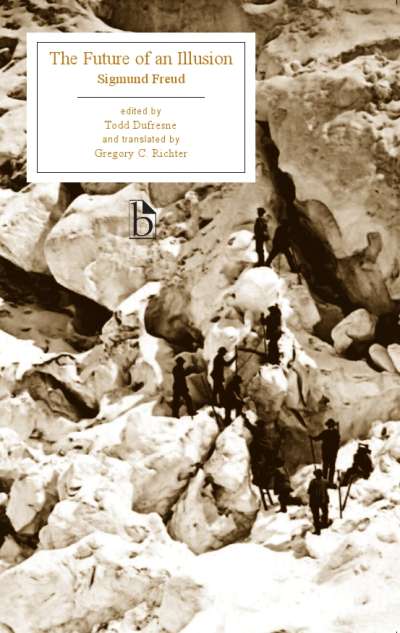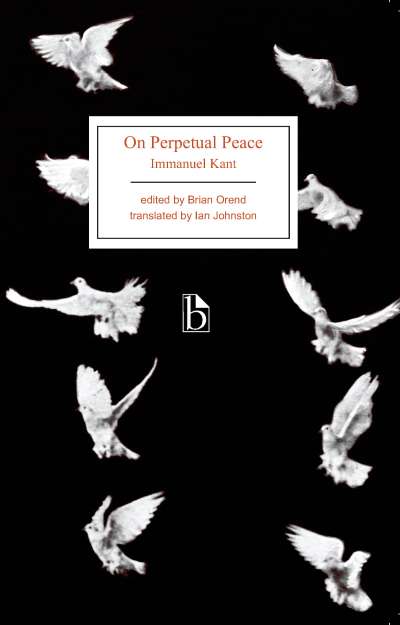Notes from the Underground is recounted from the perspective of an unnamed narrator who describes himself as sick, spiteful, and unattractive. His thoughts and his moods veer unpredictably as he reflects on the folly of idealism and the reality of human squalor and degradation.
The psychological power of the book is deeply rooted in the conflicts and contradictions that afflict the narrator—many of which seem to have afflicted Dostoevsky himself. Once attracted to idealistic and utopian notions, he subsequently found himself repelled by them. A passionate advocate of freedom, he had little confidence that humans could use freedom for good. The narrator of Notes from the Underground is not a unified self, but a self-contradictory character, like his author. His bewildering complexity and relentless self-analysis make him one of the most memorable and thought-provoking protagonists of modern literature.
This new translation of Notes from the Underground renders Dostoevsky’s famous work in readable and idiomatic contemporary English. As well as the full text of the work itself and an informative introduction, this edition provides background materials that offer personal and intellectual context for the work. These materials (also newly translated) include writings from some of the thinkers against whom Dostoevsky positioned himself; excerpts from Dostoevsky’s personal letters and his earlier published works; and a substantial selection of relevant illustrations and photographs.
Comments
“Kirsten Lodge’s edition of Notes from the Underground is superlative in all respects. It offers an excellent translation, highly readable yet always faithful to the original, as well as essential supplementary materials that make it by far the easiest edition to teach from.” — Michael Wachtel, Princeton University
“Kirsten Lodge offers a marvelous translation of one of Dostoevsky’s most famous and most difficult works. … [T]he translator manages to convey the very pulsation of the paradoxical and painful thoughts of the narrator. … You can feel the changes in his mood, immerse yourself into the depth of his suffering, and instantly grasp those tiny little details which characterize his tragically shrewd style.” — Ilya Vinitsky, University of Pennsylvania
“Kirsten Lodge’s new annotated translation gives a convincing contemporary voice to the Underground Man’s timeless lament.” — Luba Golburt, University of California, Berkeley
“Kirsten Lodge’s important new edition of Dostoevsky’s Notes from Underground offers readers a dazzling collection of contexts, sources, and images for Dostoevsky and his novel, all of which will be indispensable for students and general readers alike. She also has included two classic essays by Mikhailovsky and Rozanov which encapsulate the range in Russia of nineteenth-century responses to Dostoevsky’s literary genius. Her introduction deftly orients the reader to the complex intellectual terrain and the high-stakes political debates in which the Notes have played and continue to play such an important role. ” — Robin Feuer Miller, Brandeis University
“For teachers and students, Lodge surrounds the novel with a wealth of fascinating materials for understanding what was at stake for Dostoevsky and his political opponents. Lodge’s introduction is especially noteworthy, as it provides what may well be the most clearheaded summary of the novel and its polemics as exists in print. Yet beyond this historical context, Dostoevsky also wrote the Notes from the Underground as a literary experiment, one in which he stretched the conventions of the novel to their breaking point so as to engage the present in as direct a manner as possible. … Lodge’s translation admirably succeeds in conveying all the energy and urgency of the original for a new generation of readers. From his first word to the last, she lets the Underground Man speak for himself.” — Jefferson Gatrall, Montclair State University
“Kirsten Lodge honors both the book and its readers with an agile, contemporary translation accompanied by excellent contextual materials… With this generous and thoughtful contextualization, this edition will be especially useful to students and scholars of Russian literature and history… It is this translation’s greatest accomplishment to render The Underground Man’s voice as vivid and sarcastic as it sounds in the original; he insists or—demands—that he be heard, and Lodge’s text maintains the urgency and the stream-of-consciousness flow of his speech.” — Nina Shevchuk-Murray, Slavic and East European Journal
“For years I have taught these classic Russian texts [Tolstoy’s The Death of Ivan Ilyich, Dostoyevsky’s Notes from the Underground, and Zamyatin’s We] to students with little or no knowledge of Russian language or culture. In addition to providing clear, readable translations of the texts themselves, Lodge’s editions provide critical apparatus—introductions, notes, secondary texts, and images—that have made these stories much more accessible to my students. Contextual material that I have long had to put in handouts and powerpoints is now conveniently included in the text itself. These are certainly the most teachable editions of these texts currently available.” — Chad Engbers, Calvin University

